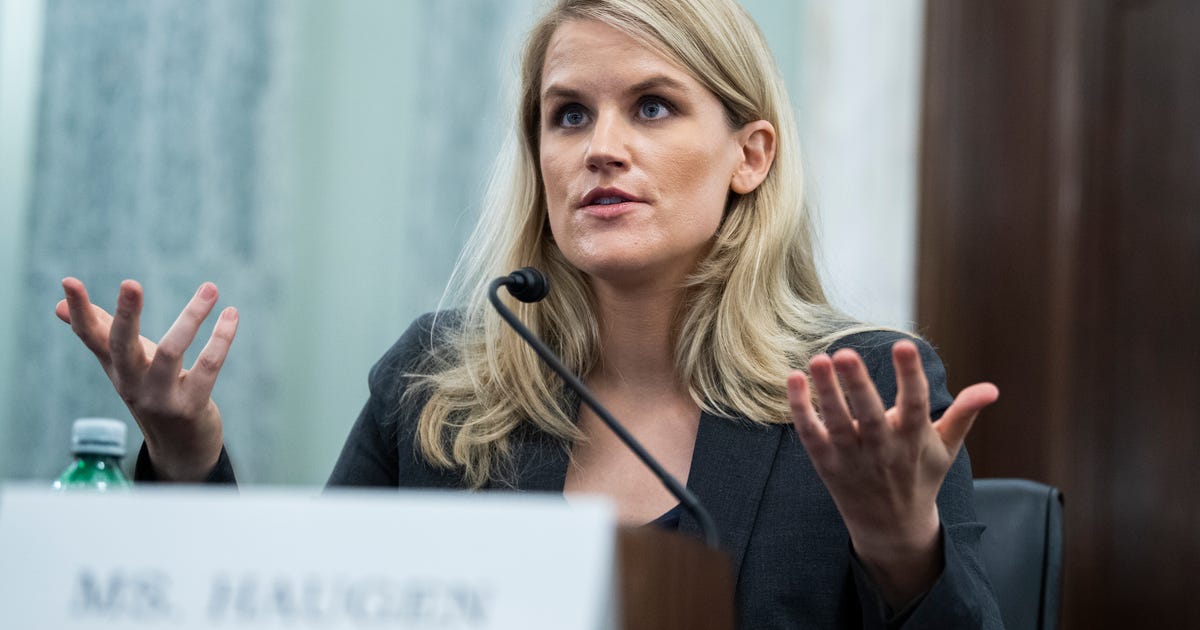Facebook and Instagram are making changes to 'nudge' teens away from harmful content - CNET - 2 minutes read

It's been a tough couple of weeks for Facebook. A series of outages made headlines last week, with Facebook, Instagram and WhatsApp going down for a significant period of time. But perhaps more importantly, the social media giant is facing increased scrutiny over the potentially harmful impact Facebook and Instagram are having on young children, particularly teenagers.
In response Nick Clegg, a former deputy prime minster of the UK turned Facebook vice president for global affairs and communications, said the social media company is planning to reduce the amount of political content on people's feeds, focusing instead on content from friends on the service. The new mantra: "more friends, less politics."
It's part of Facebook's plan to "nudge" teenagers away from content that "may not be conducive to their well-being," according to Clegg. "We're going to introduce new controls for adults of teens on an optional basis, obviously, so adults can supervise what their teens are doing online," Clegg said in an interview on CNN
"Secondly, we'll be doing something which I think will make a considerable difference, which is where the teen is looking at the same content over and over again."
Clegg also noted that, in addition to pausing the Instagram Kids initiative, the social media company is planning to create a "take a break" feature to prompt teenage users to take a break from using Instagram.
The planned changes come in the wake of damning allegations from Facebook whistleblower Francis Haugen, who leaked internal documents to The Wall Street Journal before ultimately revealing herself on the TV news program 60 Minutes. Last week she testified during a hearing before the Senate Commerce, Science and Transportation Subcommittee. Haugen, who worked at Facebook for about two years, revealed the documents, she said, after noting a conflict of interest at Facebook between what was good for the company and what was good for the public.
"Facebook, over and over again, chose to optimize for its own interests," Haugen said.
This isn't the first time Facebook has promised to make such changes to improve its platforms. In August, Facebook said it would reduce the amount of political content in people's new feeds after receiving positive feedback during a test phase. In 2018, CEO Mark Zuckerberg said the company was overhauling the news feed to prioritize posts from family and friends, rather than those from publishers and brands.
Source: CNET
Powered by NewsAPI.org